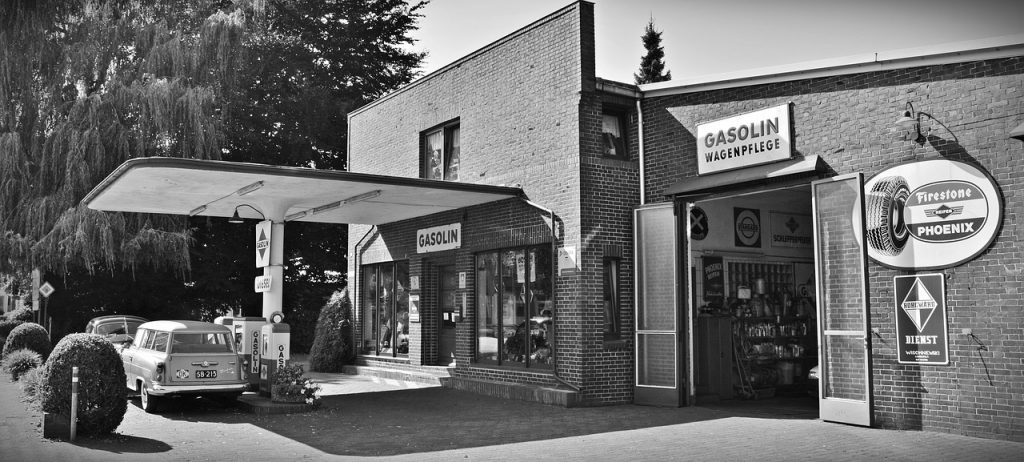Diesel fuel issues are a common cause of vehicle breakdowns and can lead to costly repairs if not addressed promptly. While some fuel problems can be easily fixed, others may require professional assistance. In this article, we will discuss the top 7 common diesel fuel issues, how to spot them, and how to fix them to keep your vehicle running smoothly and efficiently.
1. Contaminated Fuel
Contaminated fuel is one of the most common diesel fuel issues. Water, dirt, and other contaminants can enter the fuel system through various means, such as from a damaged fuel tank or a poorly sealed fuel cap. These contaminants can cause engine damage and reduced performance.
How to Spot It: Signs of contaminated fuel include poor engine performance, decreased fuel efficiency, and in severe cases, engine stalling.
How to Fix It: To fix contaminated fuel, you should drain and flush the fuel system, change the fuel filter, and refill the tank with clean diesel. If the contamination is severe, you may need to consult a professional mechanic for additional repairs.
2. Fuel Gelling
Diesel fuel contains paraffin wax, which can solidify in cold temperatures, leading to fuel gelling. Fuel gelling can cause engine stalling, hard starting, and reduced performance.
How to Spot It: Gelling issues are more common during winter months and can be identified by poor engine performance or hard starting in cold temperatures.
How to Fix It: To prevent fuel gelling, use a diesel fuel additive designed to lower the fuel’s gel point. If gelling has already occurred, use a product designed to liquefy the gelled fuel or warm the vehicle in a heated garage to dissolve the gelled fuel.
3. Biodiesel Compatibility
While biodiesel can be an eco-friendly alternative to traditional diesel fuel, it may not be compatible with all vehicles. Using a biodiesel blend that is not compatible with your vehicle can lead to performance issues and potentially damage your engine.
How to Spot It: Signs of biodiesel compatibility issues include reduced engine power, increased exhaust smoke, and engine damage.
How to Fix It: Check your owner’s manual or consult with your vehicle manufacturer to determine the appropriate biodiesel blend for your vehicle. If you have unknowingly used an incompatible blend, drain the fuel tank and replace it with the appropriate fuel.
4. Fuel Injector Problems
Fuel injectors are responsible for spraying fuel into the combustion chamber at the correct pressure and timing. Faulty fuel injectors can lead to a variety of issues, including reduced performance, increased fuel consumption, and engine damage.
How to Spot It: Symptoms of fuel injector problems include rough idling, poor acceleration, decreased fuel efficiency, and a strong fuel odour.
How to Fix It: To fix fuel injector problems, you can try using a fuel injector cleaner additive. If the issue persists, you may need to have the injectors professionally cleaned or replaced.
5. Diesel Fuel Pump Issues
The diesel fuel pump is responsible for delivering fuel from the tank to the engine. A malfunctioning fuel pump can lead to a variety of issues, including reduced performance and engine stalling.
How to Spot It: Signs of a failing fuel pump include hard starting, engine stalling, and reduced performance.
How to Fix It: If you suspect a fuel pump issue, consult a professional mechanic for diagnosis and repair.
6. Fuel Line Problems
Fuel lines can become damaged or clogged, restricting the flow of fuel to the engine. This can result in reduced performance and even engine stalling.
How to Spot It: Symptoms of fuel line problems include poor engine performance, decreased fuel efficiency, and engine stalling.
How to Fix It: To fix fuel line issues, inspect the lines for damage or clogs and replace or clean them as necessary. If you are unsure how to perform this task, consult a professional mechanic.
7. Air in the Fuel System
Air in the fuel system can lead to issues such as poor performance, hard starting, and stalling. Air can enter the system via leaks, damaged seals, or during fuel filter replacement.
How to Spot It: Signs of air in the fuel system can include engine surging, stalling, and difficulty starting the engine.
How to Fix It: Inspect the fuel system for leaks, paying close attention to hoses, seals, and connections. Replace any damaged components as needed. If you recently changed the fuel filter, ensure it has been correctly installed and primed to prevent air from entering the system.
Conclusion
Diesel fuel issues can cause a variety of issues in diesel engines, including decreased engine performance, stalling, and even engine damage. By understanding the top 7 common diesel fuel issues and how to spot and fix them, you can help ensure the proper maintenance and longevity of your diesel engine.
Are you in need of a 24/7 fuel replacement? Then look no further than Fuel Fixer! Whether you’ve accidentally filled your car with the wrong type of fuel or vice versa, our mobile units are ready to help you recover from this situation all across the UK. As the leading experts in dealing with wrong fuel problems, you can trust us to get you back on the road safely and quickly. Don’t let the wrong fuel put a stop to your day–contact Fuel Fixer now and get back on the road within the hour!

